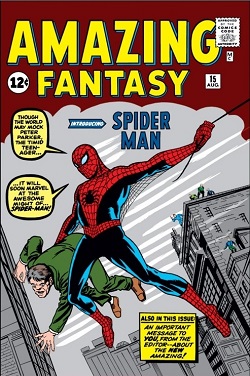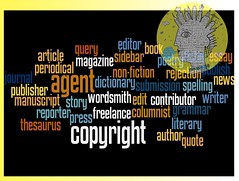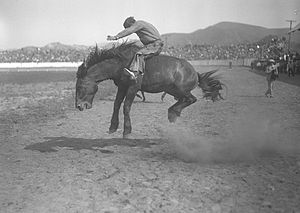Call it writer’s block.
Call it fear. Call it
distraction.
Sometimes writers have trouble getting started or finishing
what they’ve started. It’s easy to
understand why: Sooner or later, we subject our precious words to an audience which will pass some sort of judgment
on them: they will like our words, loathe them, be indifferent to them, analyze and
scrutinize them, or ignore them. Believing we must “get it right” can intimidate even the bravest of
souls when it comes writing.
Here are 10 things that kill writing and some quick solutions for overcoming them:
1. Worry. Being a writer means you think about a lot of stuff, and thinking can lead to worry. (This is better than the alternative, though: Not thinking is never a good thing.) While some concern is healthy, too much of it can immobilize you.
Solution: Identify precisely what is worrying you and make a list of possible scenarios, both good and
bad. As Dale Carnegie said, prepare yourself for the worst that can happen and then imagine ways you can improve on the worst. If you write all this out, guess what—you're writing!
2. Procrastination. This wordkiller whispers sweet nothings in your ear: “I’ll do it tomorrow.” “I’m tired right now.” “I have to be in the right frame of mind to write.” Procrastination
is a way of fooling yourself into believing you’ll do the work later when you
know you won’t.
Solution: Write. Right now.
3. “I have nothing to say.”
This wordkiller is a close relative of Worry. It comes from the erroneous belief that you have nothing to
contribute to your audience’s needs.
Solution: Recognize that everything you’ve experienced or
imagined is unknown to someone, and, therefore, has value to that person. Do you know how to change a tire? Do you know what it feels like to be a child of divorced parents? Think your fictional story won't "help" anyone? Think again. Look how Harry Potter inspired kids everywhere.
4. Ego. The opposite
of No. 3, this wordkiller takes the form of “My writing is perfect” or “There’s
nothing wrong with my story.” Ego as a
self-defense mechanism shields us from criticism. Often, though, it means writers think too
highly of themselves.
Solution: Admit you’re not perfect. Distance yourself from your writing so you
can look at it through another’s eyes.
Never take criticism personally.
5. Inattention to detail.
This wordkiller can take the form of anything from not knowing the
difference between comma splices and semi-colons to not doing enough
research. It can involve failing to think
through your character’s motivations or brushing off story structure,
mechanics, and conventions.
Solution: Learn the tools of the trade. You wouldn’t trust a
carpenter who didn’t know how to use a hammer to build your house, would you?
6. Over-attention to detail.
The opposite of No. 5, this wordkiller results in writers spending too
much time searching for the perfect word or character name, or researching the
weather patterns of some obscure time and place. Details are important, but focusing too much
on them takes away from the time you spend writing.
Solution: When you come across a stumbling block in your
story, leave a blank and move on. Come
back to the blank after you’ve had fresh insight or time to research.
7. Keeping it to yourself.
Writing is a form of communication, and communication can only happen
between one person (you) and one or more others. Writing for yourself has
value, but sooner or later you’ve got to share your writing with others. That’s
what it’s for.
Solution: Join writing groups. Post online. Start a blog.
Submit your work for publication. Get it out there.
8. Judging your book before it’s finished. You write a line and think it’s crap. You’re halfway through the book and don’t
like your character. The setting isn’t
working.
Solution: Turn off your internal critic. Give yourself
permission, as Anne Lamott says, to write a “shitty” first draft.
9. Judging your book after it’s finished. Okay, you’ve made it through one or more
drafts. Now it’s crap. While it’s important for writers to be honest
with themselves, judging your efforts too harshly can give you the feeling you’ve
done all this work for nothing.
Solution: Avoid
exaggerating your story’s flaws. Admit your
work probably still needs some polishing, maybe even a rewrite, but buy
yourself a bottle of wine for coming this far!
Embrace your story’s positive qualities.
If you’ve made an honest effort, there are some!
10. Not writing. This
is a no-brainer. If you don’t write, you can’t improve. Worse, you can’t
unleash your wonderful ideas upon a starving world waiting for your words to
enrich it.
Solution: See No. 2, above.
Wordkillers are sneaky, treacherous enemies. But recognizing
them for what they are and taking a few simple steps to overcome them will help
make your dreams a reality.
Can you identify other wordkillers? How do you overcome them?


















